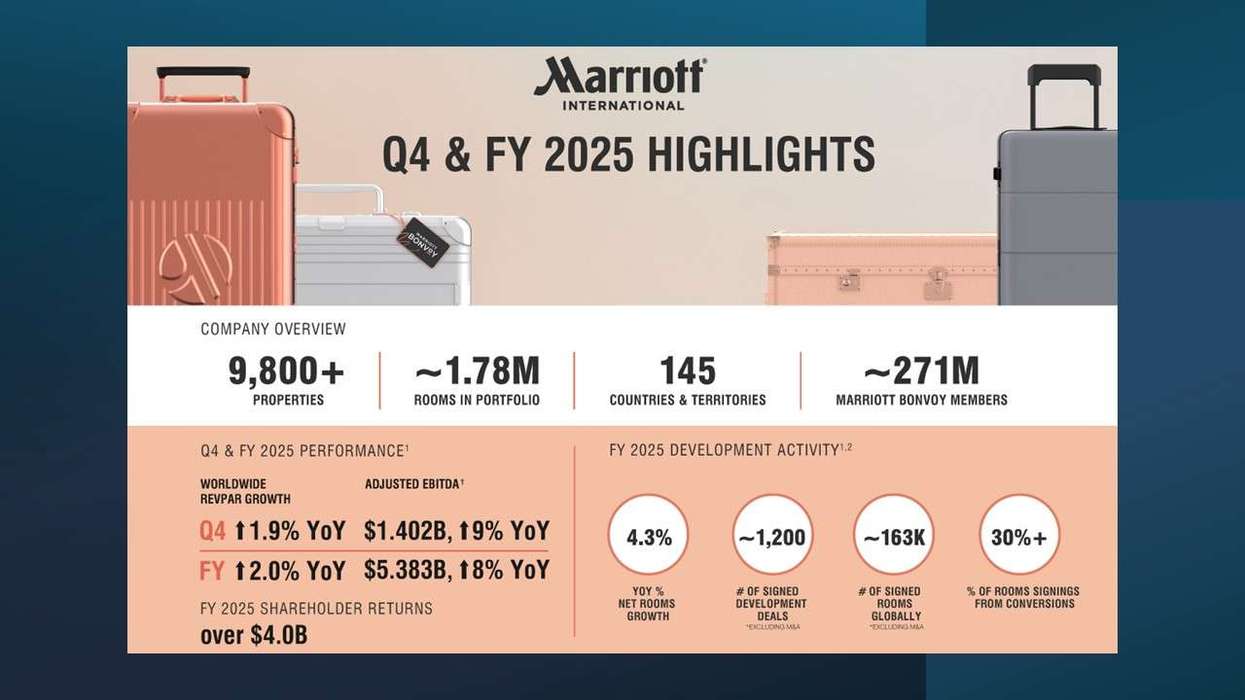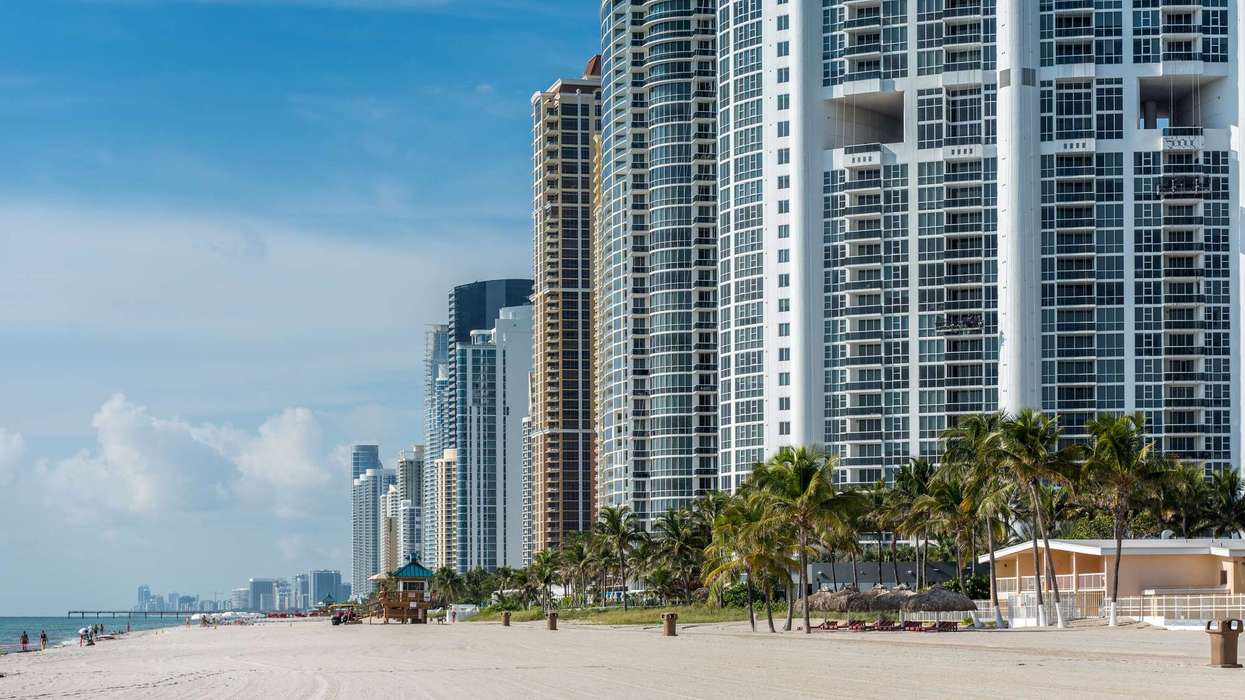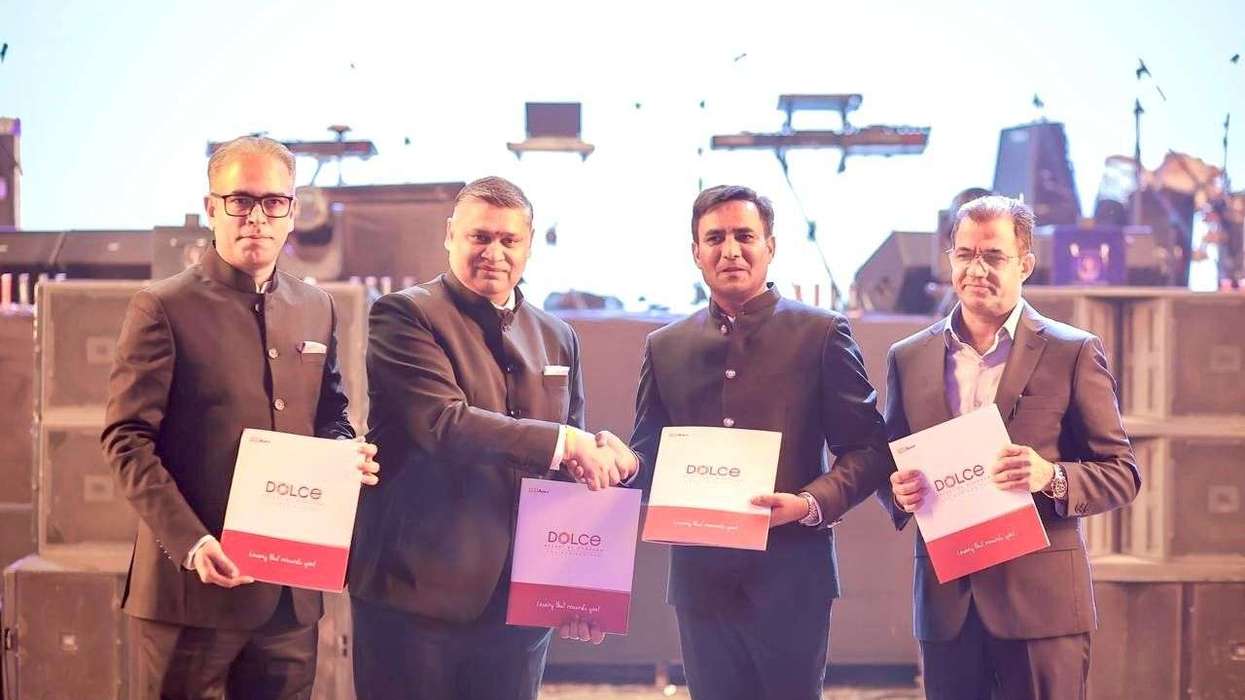INDIAN PRIME MINISTER Narendra Modi is returning to the U.S. for his first time since his “Howdy Modi” tour in 2019. On June 21 to 23, Modi is scheduled to visit the White House and address a joint session of Congress during his first official state visit since becoming prime minister in 2014, and Indian American hoteliers hope the visit will bring more attention to their needs.
House Speaker Kevin McCarthy, Senate Majority Leader Charles Schumer, Senate Minority Leader Mitch McConnell and House Minority Leader Hakeem Jeffries send Modi a letter last week inviting him to speak, according to the Washington Post.
“Based on our shared values and commitment to global peace and prosperity, the partnership between our two countries continues to grow,” the congressional leaders wrote. “During your address, you will have the opportunity to share your vision for India’s future and speak to the global challenges our countries both face.”
AAHOA sent its own letter to McCarthy and the other lawmakers thanking them for inviting Modi.
“The hotel industry is a vital part of the U.S. economy and a ladder of opportunity for thousands of first- and second-generation immigrants, particularly from India,” said Bharat Patel, AAHOA chairman in the letter. “As the most populous country in the world and the crossroads of the Indo-Pacific region, India is a critical player on the world stage and an important U.S. ally. As members of the Indian diaspora, we look forward to welcoming Prime Minister Modi to the United States and to strengthening the relationship between our countries.”
More than 50,000 people attended the Hello Modi event in Houston sponsored by the Texas India Forum. Then President Donald Trump also attended.
Citing congressional records, AAHOA said 128 foreign leaders have addressed Congress, including Modi in 2016.
“Inviting Prime Minister Modi to speak during a joint session of Congress will further strengthen the relationship between our two nations by offering a venue to provide constructive dialogue on ways the United States and India can cooperate on key issues,” they wrote.
Modi will be the third head of state whom President Biden has invited on an official state visit. Biden and First Lady Jill Biden will host Modi at the White House, which will include a state dinner, on June 22.
In their letter to Speaker McCarthy, Patel and Laura Lee Blake, AAHOA’s president, said that AAHOA is the largest hotel owners association in the U.S. with member-owned properties representing 60 percent of U.S. hotels, responsible for 1.7 percent of the nation’s GDP.
Earlier this year, a delegation of AAHOA Members joined Indian dignitaries and leaders for a series of business meetings in an effort to create a mutually beneficial relationship between the United States and India.






